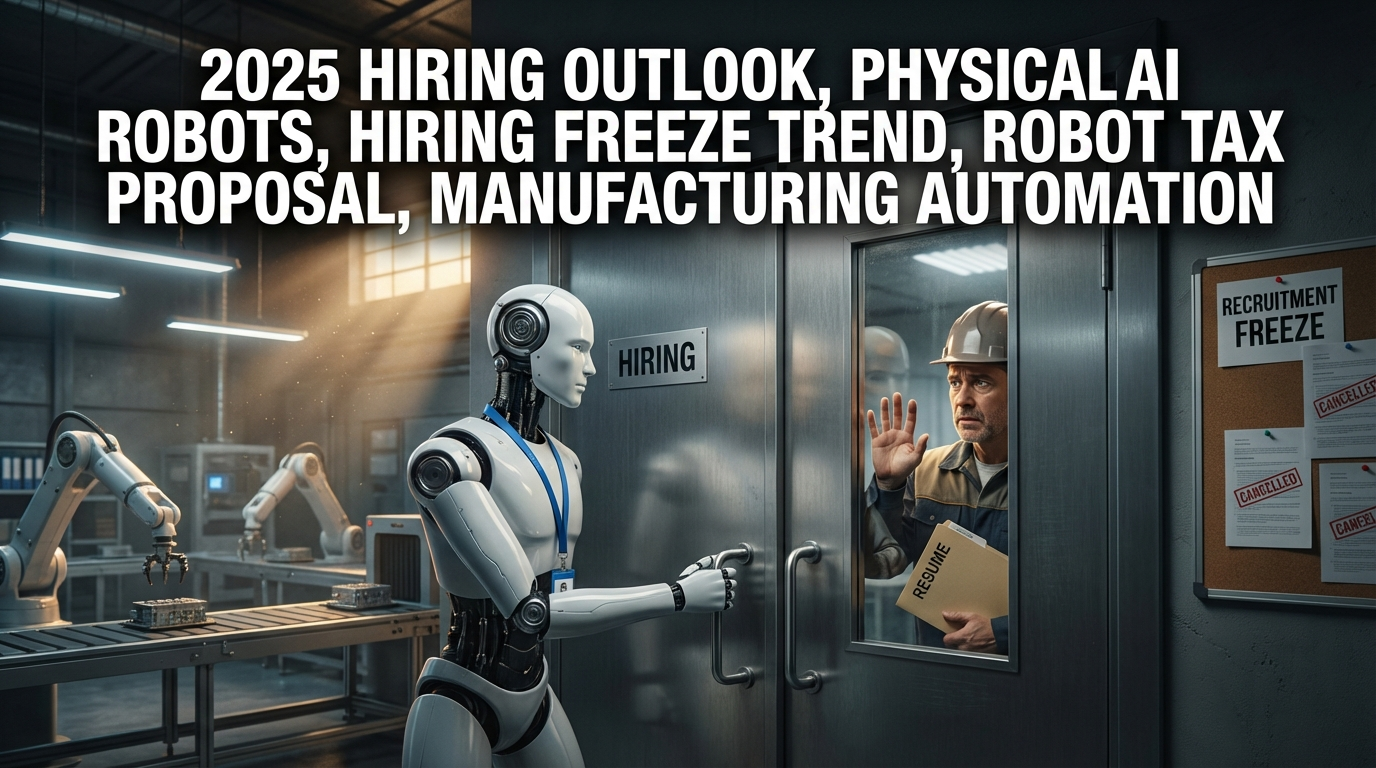● Recession Looming, Tariff Crisis Escalates.
The Start of a Real Economic Crisis Due to Tariffs… Apollo’s Warning and the Timeline of the Economic Recession
The Beginning of the Tariff War and Initial Signals
The investment firm Apollo warns that a real economic crisis is starting despite the 90-day tariff moratorium.
The trade war was ignited in early April when Trump imposed a universal 10% tariff worldwide.
A 145% tariff was imposed on Chinese products, with a grace period for some items.
The number of container ships traveling from China to the United States began to plummet.
U.S. companies pushed goods out in advance, but now new cargo volume is expected to concentrate due to the tariff burden.
The Economic Recession’s Impact Intensifying from May
The decrease in container ships is expected to intensify from mid to late May.
The logistics industry, including freight transport, trucking, and rail, is expected to be hit, leading to a decline in retail sales.
Companies are experiencing a sharp drop in new orders.
S&P 500 companies' earnings per share estimates have been revised to unprecedented lows since the pandemic.
Capex (capital investment) plans are also plummeting, which could adversely affect B2B growth models.
Decline in Maritime Freight Rates and Contraction of the Transportation Industry
In the case of Harrod, the world's fifth-largest transportation company, bookings between China and the United States have been canceled by about 30%.
Shipping costs from China to LA have fallen sharply, causing maritime freight rates to plummet.
The decline in freight transport is expected to negatively affect U.S. ports and the logistics system, accelerating the economic contraction.
Contracting Consumer Sentiment and Impact on the Service Industry
Among U.S. consumers, there are growing concerns about economic recession, job insecurity, and the deteriorating economic environment.
The decline in the number of overseas tourists is spreading negative perceptions of the United States.
Tariffs, the resulting trade war, and global economic uncertainty are expected to negatively affect the U.S. service industry.
Stagflation Shock and the Spread of the Trade War
Apollo predicts that a supply shock due to tariffs could lead to a stagflation shock.
The supply shock could have an effect similar to the oil shocks of the 1970s.
The fact that SP 500 companies generate more revenue in China than the volume of U.S. trade cannot be ignored.
If China begins to actively interfere with U.S. products, the trade war could intensify further, dealing a critical blow to the U.S. economy.
Diverse Perspectives and the Role of the Federal Reserve
On the other hand, there is the opinion that the U.S.'s basic strength and buffer can absorb economic shocks.
Household income, asset values, and lending conditions can somewhat mitigate economic shocks.
The Fed's response and efforts to stabilize prices are also important variables.
However, as long as tariffs, global trade wars, and uncertainty persist, the possibility of a long-term economic recession should be guarded against.
Global economic uncertainty is intensifying due to tariffs and trade wars.
Apollo warns that the real economy will begin to decline in May despite the tariff moratorium.
The China-U.S. trade war, declining maritime freight rates, and the sharp decline in container ships are signs of an economic slowdown.
This is supported by the decline in corporate earnings per share estimates, a sharp drop in new orders, and a decrease in capex investment.
The possibility of a stagflation shock and contracting consumer sentiment could also significantly damage the U.S. service industry.
Despite the Fed’s role and buffer, the aftermath of the trade war risks leading to a long-term economic recession.
Key SEO Keywords: Global Economy, Economic Recession, Tariffs, Stagflation, Trade War.
[Related Posts…]
Tariff Shock, Changes in the Global Trade Landscape
Concerns About Economic Recession, Need to Prepare Measures
*YouTube Source: [내일은 투자왕 – 김단테]
– 월가의 경고. 관세 위기가 침체로 이어지는 이유.

● Invest Early, Maximize “Salary Bonds”
Salary: A Bond Asset Conversion Strategy from an Economic Perspective
Reinterpreting the Economic Significance of Salary
Receiving a salary isn't just about money coming in; it means there's a continuous cash flow.
If you view this cash flow like interest received from bonds, you essentially hold bonds that provide you with a stable monthly income.
From various aspects such as economic forecasts and global finance, this consistent cash flow is an important part of our asset portfolio.
Present Value Assessment and Bond Conversion
When converting a salary to its present value, the total amount of salary to be received in the future plays a similar role to bonds that can be invested in stocks or other assets right now.
For example, by discounting the monthly salary at a certain interest rate, it can be compared to today's value.
Through this calculation method, you can realize that the size of the 'invisible bonds' you hold is substantial.
This emphasizes the importance of asset composition through steady cash flow, in addition to traditional assets like stocks or real estate.
Differences in Overall Asset Composition and Recognition
Most people often focus only on visible assets such as stocks and real estate.
However, in reality, the cash flow coming in the form of a salary accounts for a large proportion.
In other words, when composing your overall assets, recognizing your salary as a 'bond' can greatly change your financial health.
This perspective becomes a major benchmark when establishing investment strategies and is an important part that is easily overlooked when analyzing economic forecasts.
Implications for Future Investment Strategies
Having a stable cash flow from your salary provides a risk diversification effect, which is advantageous when establishing separate investment strategies.
If you have predictable future income, you can combine it well with other investment assets (stocks, global finance, real estate, etc.).
Accurately understanding and utilizing the value of your 'invisible bonds' in this way greatly helps in long-term asset growth.
Therefore, consistent income management and future value calculations are key to investment strategies.
A salary is not just a simple income but plays the role of a bond that provides a stable cash flow.
When discounted to its present value, the total amount of salary is evaluated as a very large asset.
Although not as visible as stocks or real estate, it is an important factor when composing overall assets.
Establishing investment strategies based on this concept is advantageous for risk diversification and long-term asset growth.
Core SEO keywords such as economic forecasts, global finance, investment strategies, salary, and bonds are included.
[Related Posts…]
Salary Bond Analysis
Investment Strategy Outlook
*YouTube Source: [이효석아카데미]
– 월급도 채권으로 생각하면, 더 젊을 때 투자해라 #투자 #채권 #투자



